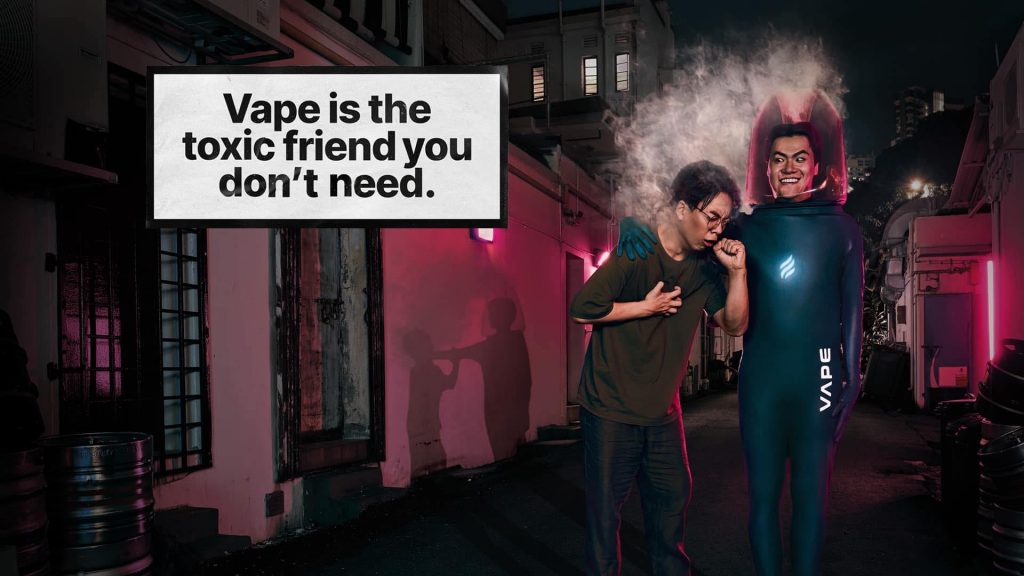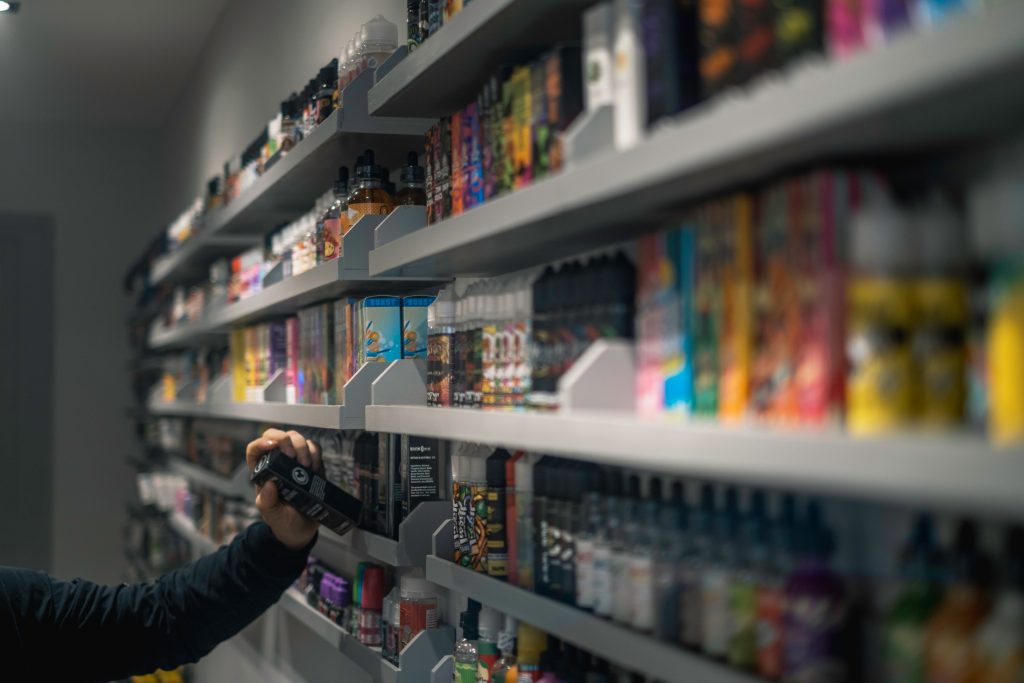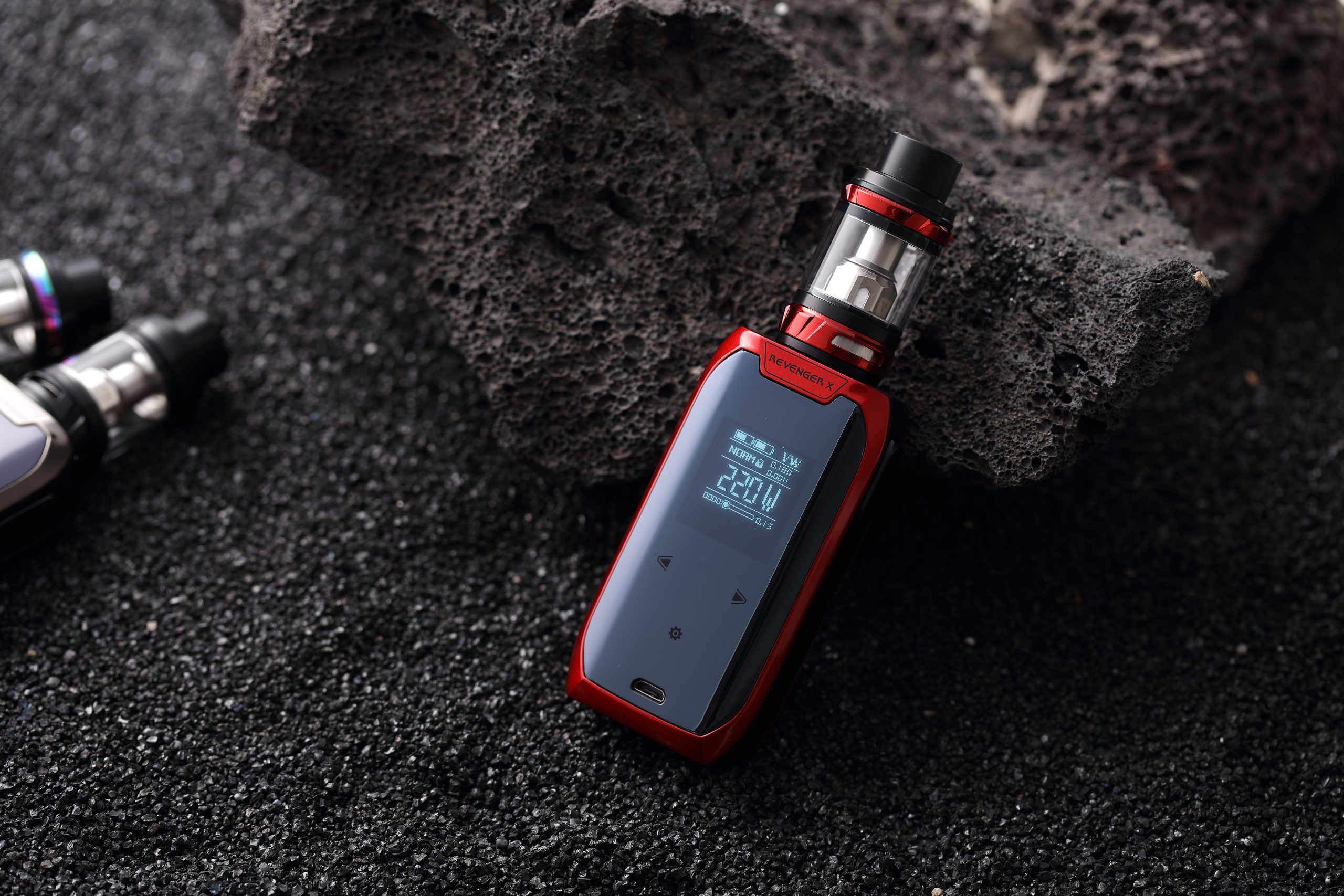Top Image: Vaporesso / Unsplash.
After a tough circuit breaker period, we’ve now reached a new age of convenience. The black market isn’t excluded from this phenomenon.
Of course, unlike brands with a slick proprietary app, they require an intermediary. Encrypted messaging app Telegram has been ‘it’ for so many uses: The latest news, stories (ahem if you haven’t already subscribed), unfiltered Gen Z thoughts, concert announcements, porn.
Marketers call this ‘direct-to-consumer’, and, boy, what a time it is right now to go direct-to-consumer for the black market. On Telegram, it’s never been easier to find a dealer who can get you prescription drugs, illegal goods like e-cigarettes/vaporizers and others we won’t talk about.
Toxic Friends (And How to Deal With Them)
Earlier this year, the Ministry of Health (MOH) rolled out a digital campaign aimed squarely at a young and plugged-in crowd.
The visuals feature a young man decked out in a loose-fitting brown t-shirt. He’s in the middle of a coughing fit as he’s being comforted by someone who appears in something you can’t get from Uniqlo at NEX: A vape-shaped outfit and a devilish, if cartoony, grin.
Spelled out by copywriters, who make their target audience known with TikTok-friendly sentiment, the message is clear: ”Vape is the toxic friend you don’t need”.

The campaign comes after a year of amplified concerns by the government health body about the proliferation of vapes among Singaporeans. While data about active users isn’t available (for obvious reasons), more of them are getting caught using it.
It’s not a uniquely local problem—in New Zealand and the UK, public health professionals are sounding the alarm on the rise of non-smokers picking up vaping.
“It’s clear that there will be negative health effects from vaping; it’s just unclear exactly what those long-term effects will be,” Dr Kelly Burrowes, a vaping researcher from University of Auckland, tells The Guardian.
“We should be preventing those people who don’t already smoke from starting vaping.”
In the UK, the government has recently set up an “illicit vapes enforcement squad”, backed by £3 million of government funding, to enforce rules on vaping and tackle illegal sales of vapes to under 18s.
Indeed, action is being taken around the world—but not to quash the overall distribution of vapes as much as to discourage the youth from adopting the habit. Judging purely by their latest campaign, MOH has taken that approach as well.
The difference is that out of all these countries, Singapore is the only one with a blanket ban on vapes.
Earlier this month, across the causeway, Malaysia effectively legalised vapes. Their government has mandated an excise for each sale, akin to how cigarettes have been sold in Singapore. PM Anwar Ibrahim has stated that this would help restrict access to youth, most of whom presumably would have limited spending power compared to adults.
Vape-demic
So, where are we as a country towards regulation? The conversation has been happening for a while now (our input included). If we are eager to prevent future adopters—especially as teens have vapes as their first gateway to nicotine addiction—do we have space to regulate it in order to treat those who already have it?

The UK government announced this week that it would launch an anti-smoking ‘swap to stop’ programme. It will target active smokers and encourage them to switch to vapes, which they deem less harmful. Pregnant women are even offered financial incentives to join it.
In Australia, it’s a little more complicated. Those with a prescription are allowed to purchase vapes, but recent efforts by health authorities are pressing the government to restrict access further, calling the amount of non-prescribed users in the country a “health emergency”.
Part of why vaping itself is alluring to youths is the fact that vapes come in an astounding variety of flavours—most of them as sweet as candy, without the calories that come with a decadent chocolate bar (that we know of).
In a recent article published in The Guardian, the UK Action on Smoking and Health suggested that “cheap disposable vapes need to be taxed so they can no longer be bought for pocket money prices” and that the “government needs to regulate to limit where these products can be sold, and prohibit brightly coloured packaging with cartoon characters and names like ‘gummy bears’.”
Could we see a vape excise tax if policies start to shift? It’s certainly something tobacco users are used to in this country. Yet, as we’ve seen with the number of cigarette smokers here, high prices only discourage, not restrict.
What Next?
While all this continues to be considered, the black market still persists. Access for Singaporean teens to a wealth of flavours will continue, and this is left to policymakers and authorities to help curb illegal import efforts.
Such illicit dealers are routinely getting caught by the authorities. Yet, it’s arguably still easy to procure vapes through the right contacts. The underlying issue–active vape use by teenagers–isn’t yet addressed.

The black market is nothing if not scrappy and resourceful. Take down one messaging app, and another (with better encryption, no doubt) will pop up soon enough. Seize one warehouse of vapes, and another will remain safe and secure, at least for a while. As long as the demand is there, the black market will unfortunately provide.
Put it this way: if the ban were truly working, we wouldn’t even be talking about the black market here at all.
Regulation could step in as a pattern disruptor. There will still be people with vaping habits, but it could be that by assigning authorised dealers and managing strict distribution, there might be a chance at proper oversight on the issue in our country.
Vapes are here to stay. Alternatives to tobacco exist because the use of tobacco is exacerbated by external factors—daily stressors, stimulant dependency, and social pressure.
For the foreseeable future, as these factors persist, so will a demographic willing to adopt this habit. Cutting off this toxic friend, as MOH deems them, would not be possible if they weren’t given the proper tools to do so. If we want to build towards a smoke-free nation, maybe we could demonstrate a way out isn’t going cold turkey but progressively building an exit path that others could follow.
Eventually, that path wouldn’t need treading anymore.






